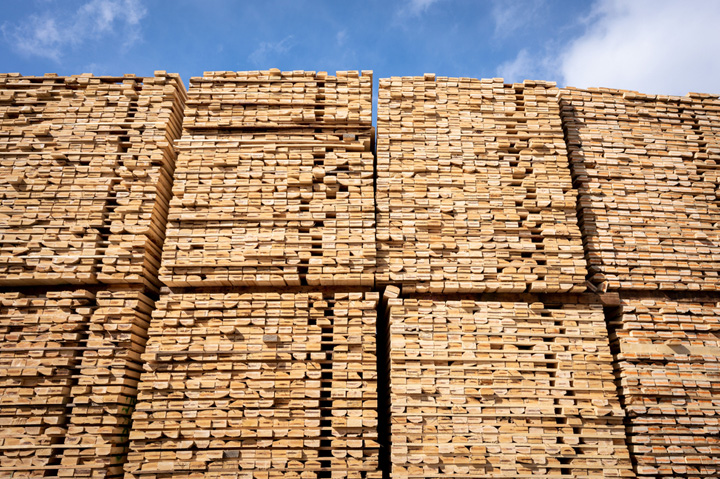Key Takeaways
• New tariffs on lumber and wooden goods – including a 10% levy on softwood lumber and up to 50% on furniture – are set to take effect October 14.
• Canada, the largest source of U.S. lumber imports, is disproportionately affected.
• Promo businesses sourcing raw materials internationally may face rising costs and pricing pressure, with experts urging transparency, sustainability and alternative materials to mitigate impact.

Rick Heinl never wanted to raise prices. The CEO of label and packaging commercial printer Repacorp joined the business in 1978 as a sales representative and bought the company just 12 years later. He has grown it from $800,000 to $55 million in revenue.
But lately, business has been tough. Heinl is one of many promo industry leaders who have felt the impact of the president’s reciprocal tariffs, which have slapped steep levies on goods from trade partners around the world. Heinl says he’s going to have to raise prices, but his customers are threatening to bring their business elsewhere if he does.
“A lot of people are holding off on pulling the trigger on purchase orders, so there’s plenty potential business that’s just sitting there,” he says.
Now, a new tariff on lumber could put added pressure on an industry that is already feeling the business repercussions of the trade war. The one with the greatest potential impact on the promo and printing industries is a 10% tariff on foreign softwood lumber and timber that will go into effect October 14. President Trump also will institute a 25% levy onto kitchen cabinets, vanities and upholstered wooden furniture, with tariffs on cabinets and upholstered furniture increasing beginning January 1 to 50% and 30%, respectively. It’s a move the president says is intended to bring industrial manufacturing back to America and support national security.
“In my judgment, the actions in this proclamation will, among other things, strengthen supply chains, bolster industrial resilience, create high-quality jobs and increase domestic capacity utilization for wood products such that the United States can fully satisfy domestic consumption while also creating economic benefits through increased exports,” President Trump wrote in an official White House proclamation.
A few international trade partners – namely the European Union, the U.K. and Japan – are exempt from these tariffs based on prior negotiations with President Trump. A 10% tariff will be applied to wood and furniture goods imported from the U.K., while the EU and Japan will face 15% levies on those same goods.
Economists and homebuilders say this latest round of tariffs could have consequences for the housing and real estate industry, exacerbating the affordability issues that potential homebuyers are already navigating.
Print and promotional products companies, responsible for sourcing and shipping wooden promotional products like cutting boards and coasters, as well as paper and print products made from wood, might also feel the pinch.
Read this full feature, complete with statistics and input from industry experts, on ASI Central.


